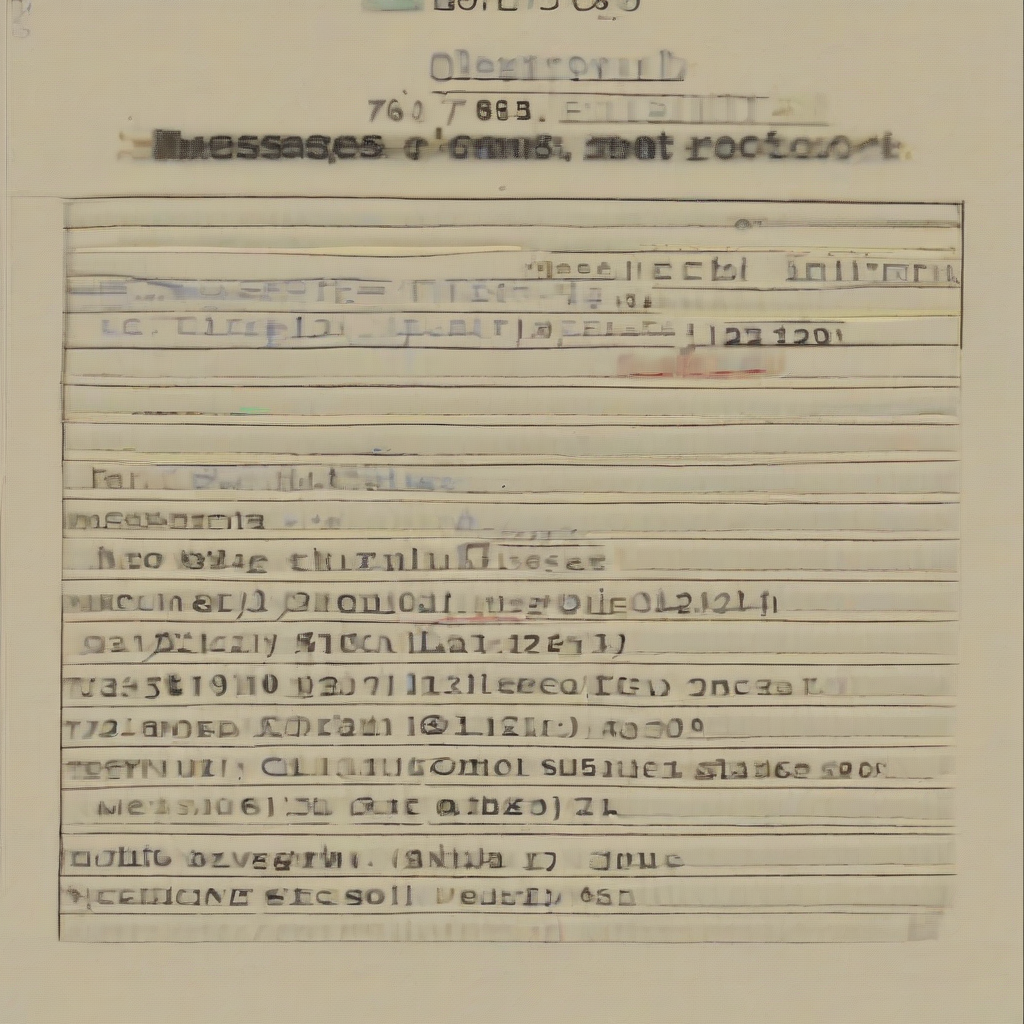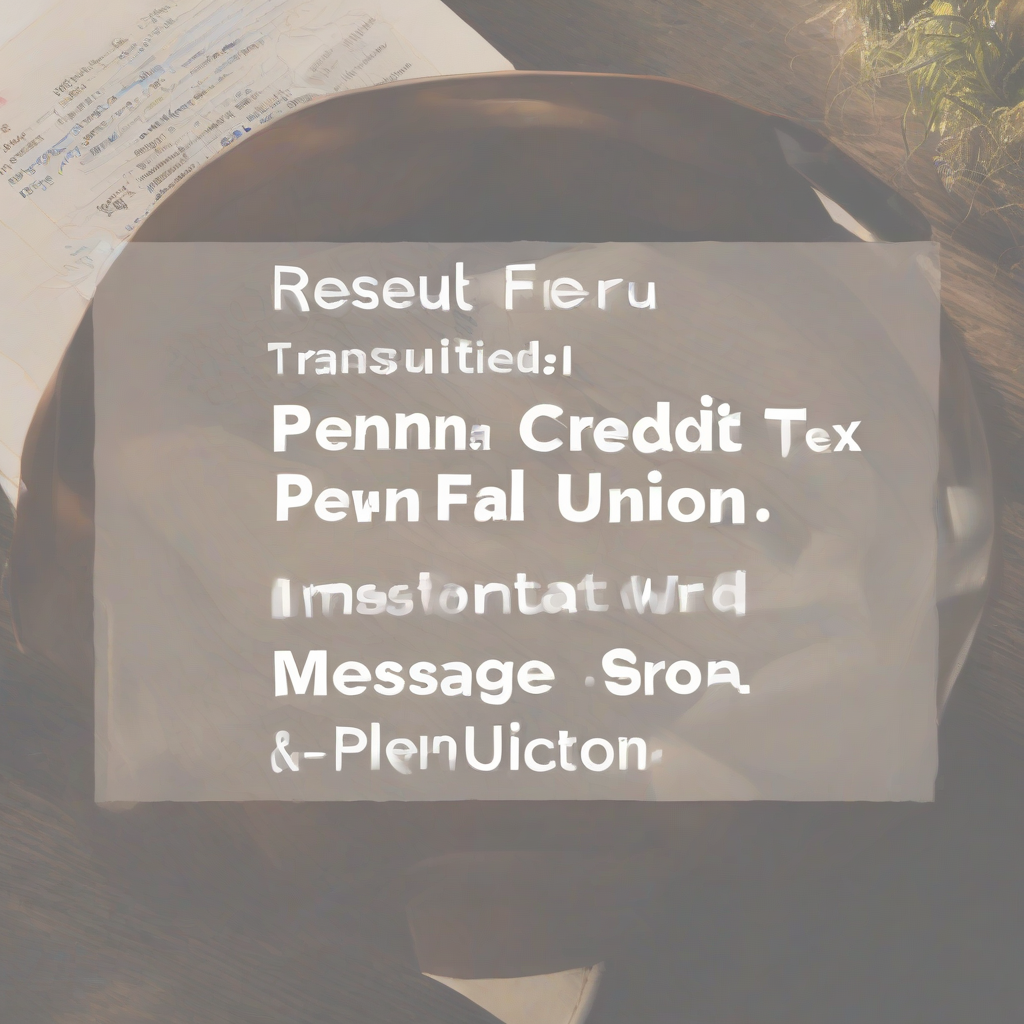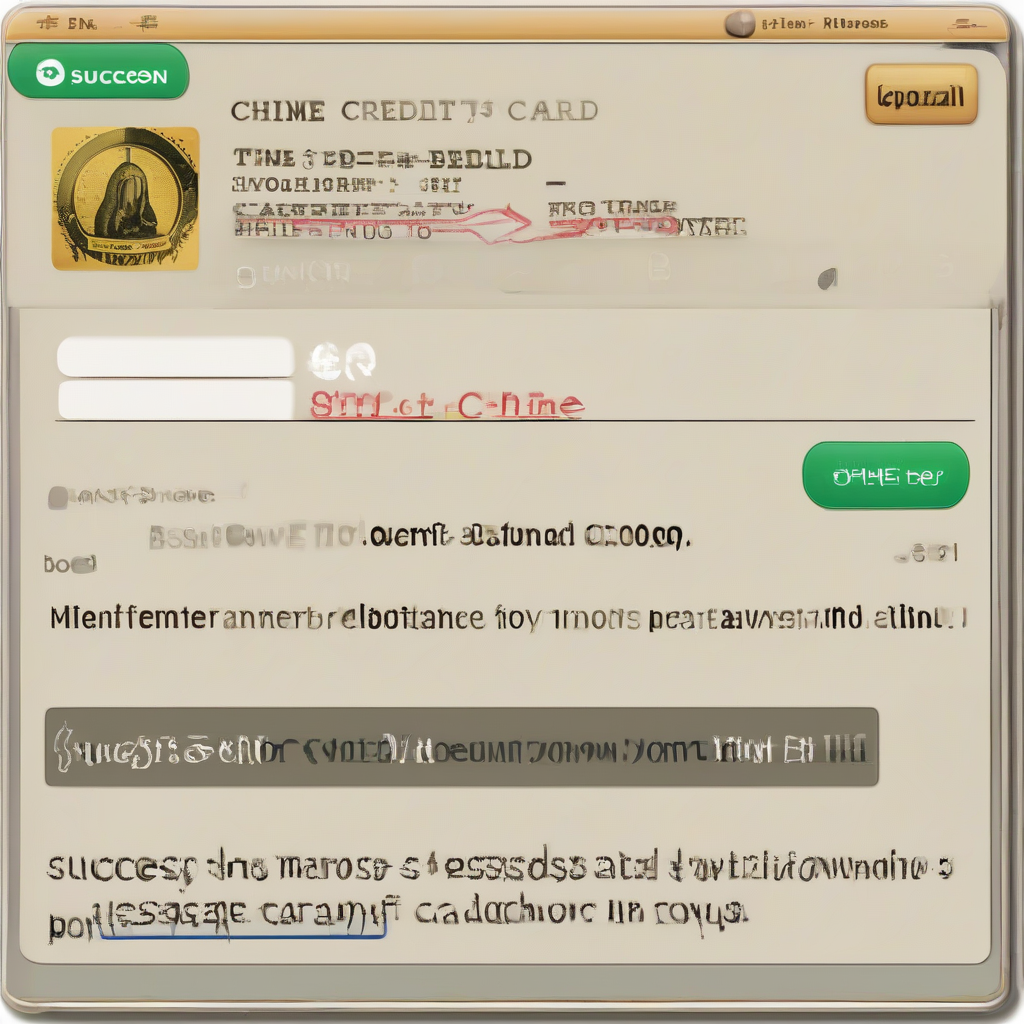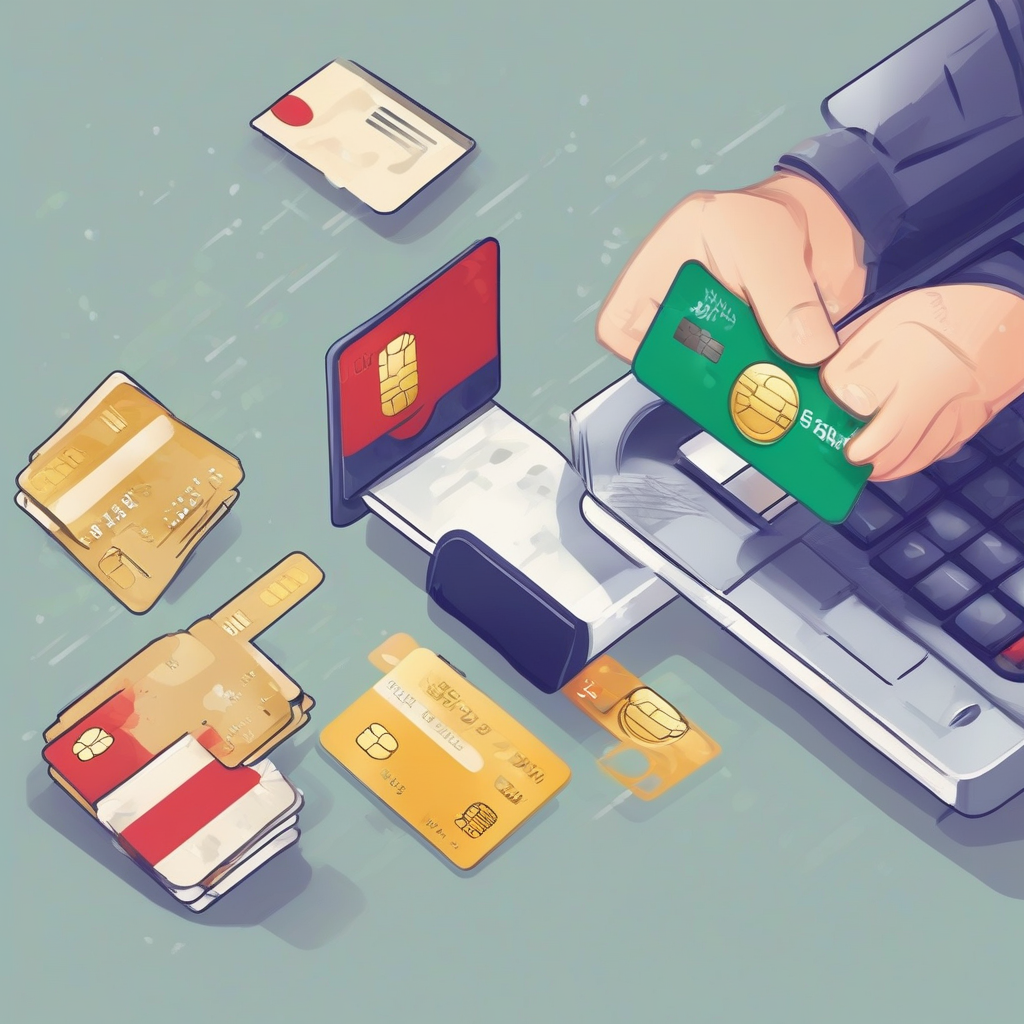Debt Consolidation Loans in Iowa: Your Guide to Relief and Lower Payments
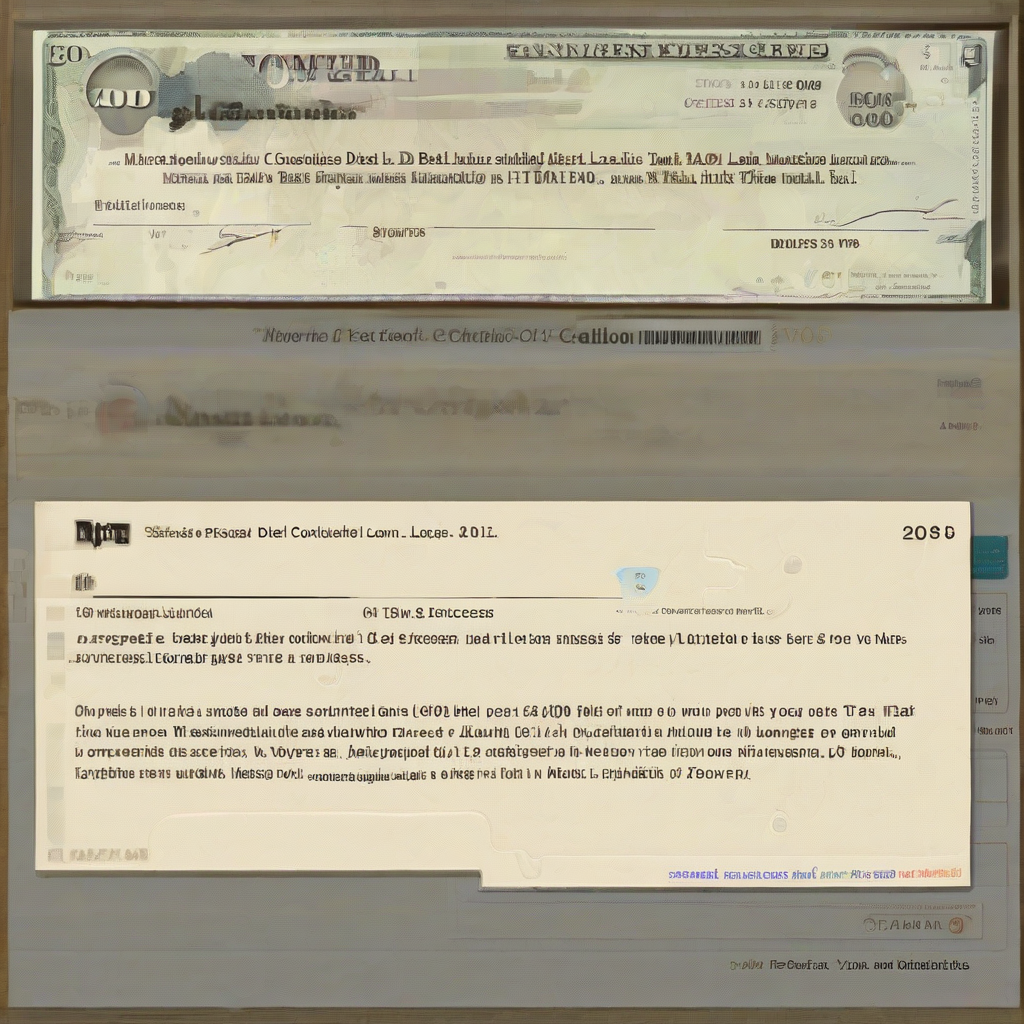
Debt Consolidation Loans in Iowa: Your Guide to Relief and Lower Payments
Feeling overwhelmed by multiple debts? You're not alone. Many Iowans struggle with credit card debt, medical bills, and other loans. Debt consolidation can be a powerful tool to simplify your finances and potentially save money. This guide will walk you through the process, benefits, and things to consider before applying for a debt consolidation loan in Iowa.
What is Debt Consolidation?
Debt consolidation is the process of combining multiple debts into a single loan with a new interest rate and repayment term. Essentially, you take out a new loan to pay off your existing debts, aiming to reduce your monthly payments and streamline your finances.
Benefits of Debt Consolidation in Iowa
- Lower Monthly Payments: Debt consolidation can significantly reduce your monthly payments, giving you more breathing room in your budget.
- Simplified Repayment: Instead of juggling multiple payments and due dates, you only have one loan to manage, simplifying your financial life.
- Lower Interest Rates: Depending on your credit score, you may qualify for a lower interest rate on your consolidation loan than on your existing debts. This can save you money in the long run.
- Improved Credit Score: Paying down your debts responsibly can positively impact your credit score, potentially opening doors to better financial opportunities in the future.
Types of Debt Consolidation Loans in Iowa
Several types of loans can be used for debt consolidation. The most common options include:
- Personal Loans: These loans typically have fixed interest rates and repayment terms, offering stability and predictability.
- Home Equity Loans: If you own your home, you can leverage its equity to get a loan with potentially lower interest rates. However, your home serves as collateral, making it a riskier option if you can't keep up with payments.
- Balance Transfer Credit Cards: These cards offer introductory 0% APR periods, which can be helpful for transferring existing credit card balances and saving on interest charges. However, the promotional rate is temporary, and a higher rate may apply after the introductory period.
How to Find a Debt Consolidation Loan in Iowa
Finding the right debt consolidation loan for your needs involves research and comparison. Here's a step-by-step guide:
- Assess Your Credit Score: Your credit score plays a crucial role in determining the interest rate and loan terms you qualify for. Check your score for free with credit reporting agencies like Experian, Equifax, and TransUnion.
- Research Lenders: Compare loan terms, interest rates, fees, and repayment periods offered by different lenders in Iowa. Consider banks, credit unions, online lenders, and other financial institutions.
- Get Pre-Approved: Pre-approvals allow you to see what loan offers you qualify for without affecting your credit score. It's a good way to compare offers and find the best deal.
- Read the Fine Print: Thoroughly review the loan agreement before signing to understand the interest rate, fees, repayment terms, and any other conditions.
- Choose the Right Loan: Select the loan that best fits your financial situation, taking into account the interest rate, monthly payments, and overall cost of the loan.
Important Considerations
Before you jump into debt consolidation, consider these factors:
- Interest Rate: A lower interest rate can significantly reduce your overall debt cost. Compare interest rates from multiple lenders to secure the best deal.
- Loan Term: A longer loan term can result in lower monthly payments but may lead to higher overall interest charges. Choose a term that balances affordability with reasonable repayment time.
- Fees: Be aware of fees associated with the loan, such as origination fees, late payment fees, and prepayment penalties. These fees can impact the overall cost of your loan.
- Credit Score Impact: Debt consolidation can impact your credit score. It's essential to make your payments on time and avoid taking on new debt to maintain a positive credit history.
- Debt Management Options: Debt consolidation isn't always the best solution. Explore other debt management options, such as credit counseling or a debt management plan, if debt consolidation doesn't seem like the right fit.
Iowa Resources for Debt Consolidation
Iowa offers various resources to help you navigate debt consolidation:
- Iowa Department of Banking: The department provides information and resources on financial products and services, including loans.
- Iowa Credit Union League: Credit unions often offer competitive interest rates and personalized service. The league can help you connect with local credit unions in Iowa.
- National Foundation for Credit Counseling: This non-profit organization provides credit counseling and debt management services to individuals and families.
Get Started with Debt Consolidation in Iowa
Taking control of your debt can be empowering. If debt consolidation seems like the right path for you, start researching lenders and comparing offers. Use the resources mentioned above to gather information and make informed decisions.
Remember, it's essential to understand the terms and conditions of any loan you take out. By doing your research and choosing the right loan, you can effectively manage your debt and achieve financial freedom.
What's Your Reaction?









